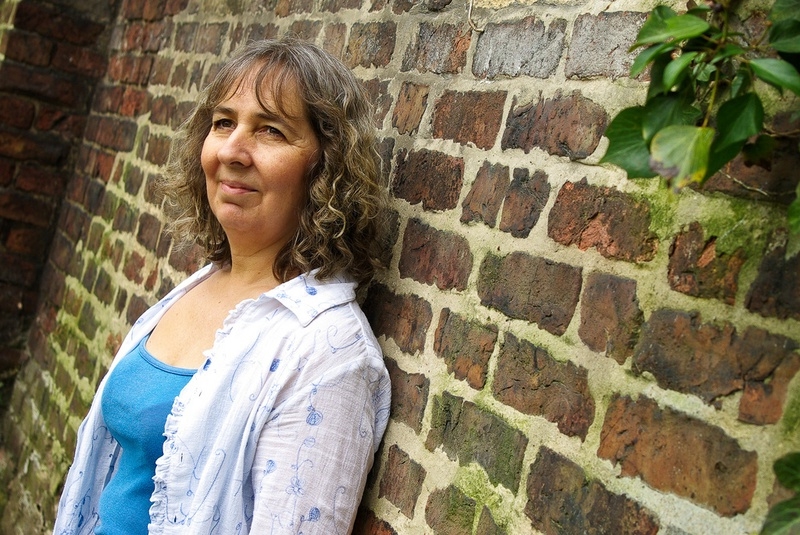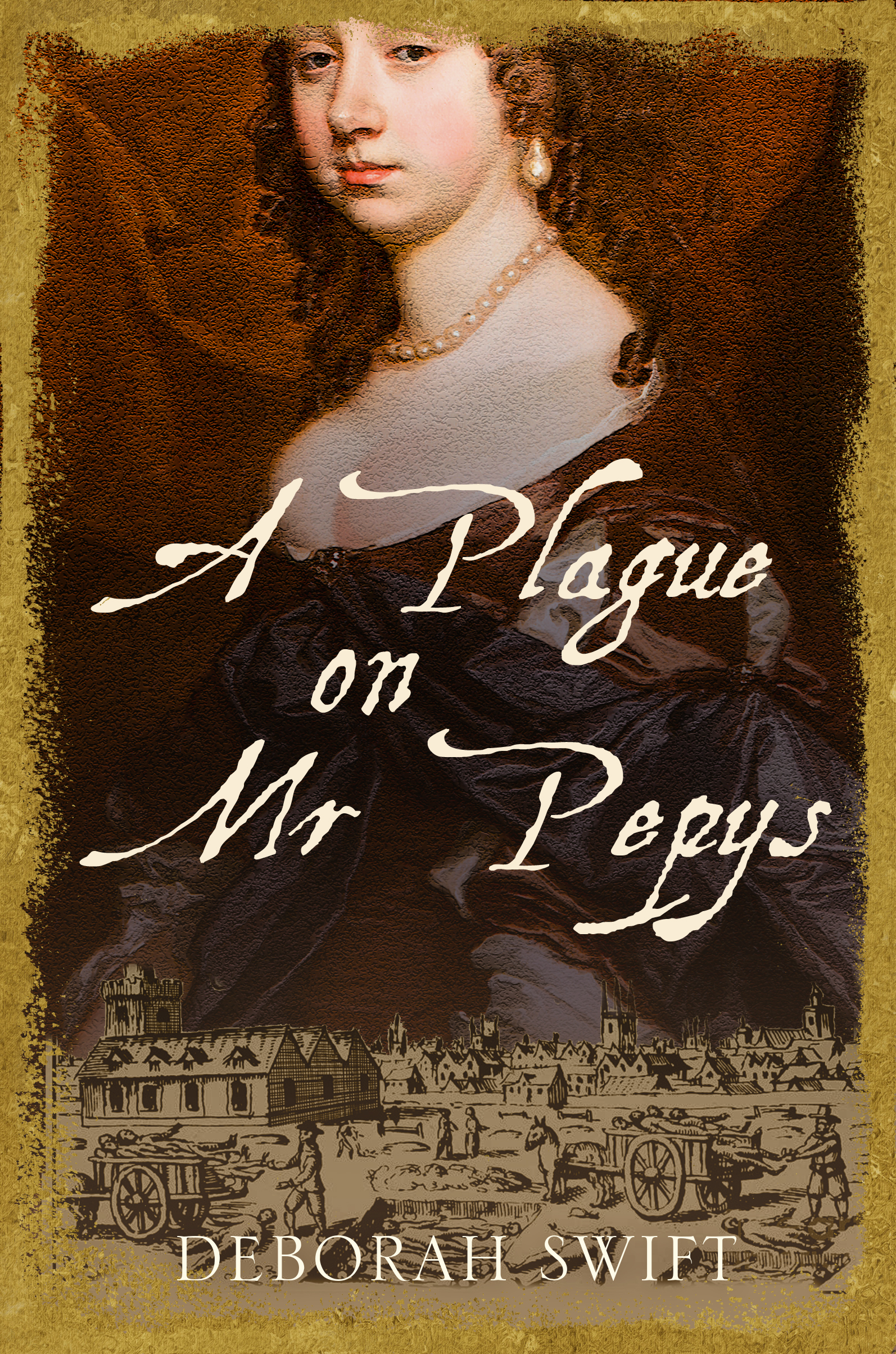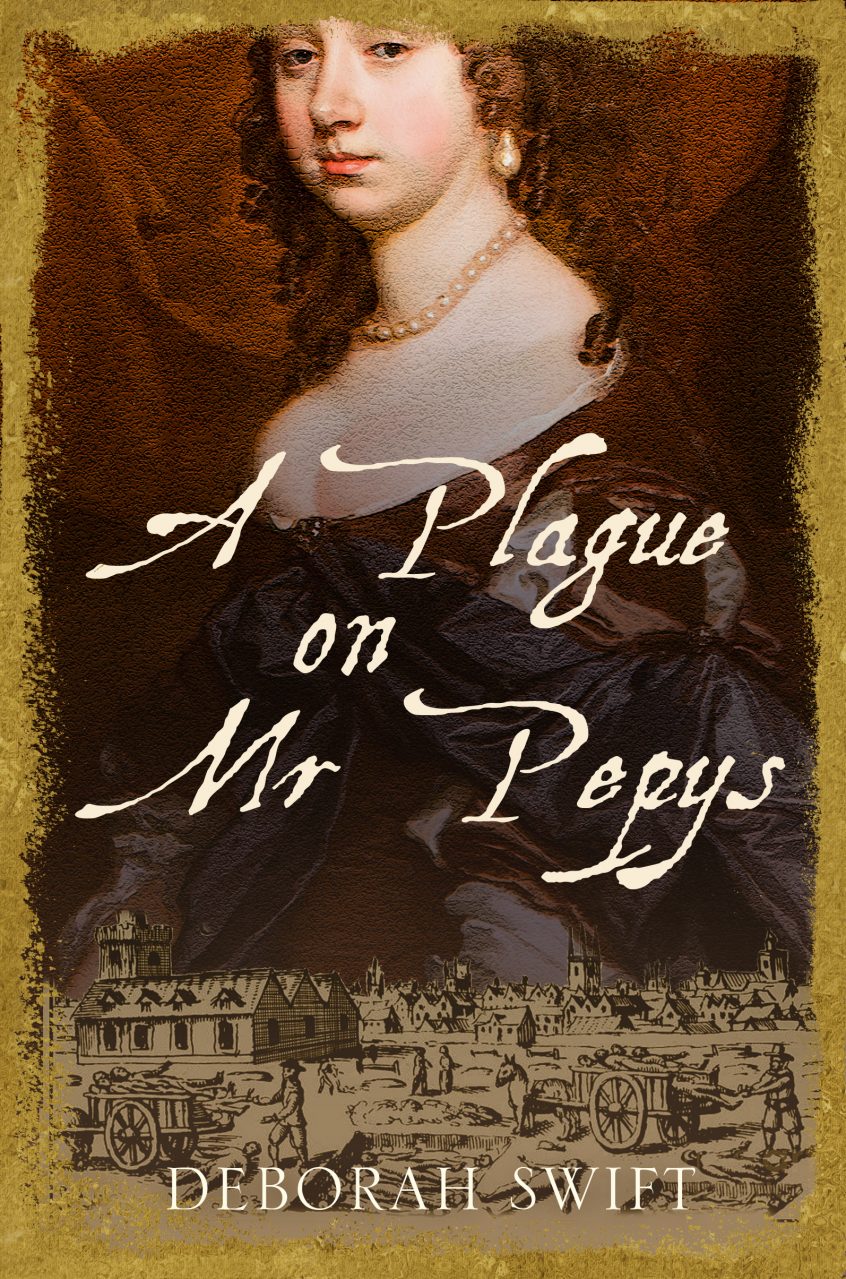 I welcome author, Deborah Swift, above, to the Writer’s Hub. She has just published the second novel in a series set in Restoration London. It is A Plague on Mr Pepys. I think she is a superb writer and highly recommend all her novels which can be found in bookshops or ordered from Amazon. Do enjoy reading her advice concerning writing Historical Fiction. There are seven succinct tips. Thank you, Deborah, for sharing these with us.
I welcome author, Deborah Swift, above, to the Writer’s Hub. She has just published the second novel in a series set in Restoration London. It is A Plague on Mr Pepys. I think she is a superb writer and highly recommend all her novels which can be found in bookshops or ordered from Amazon. Do enjoy reading her advice concerning writing Historical Fiction. There are seven succinct tips. Thank you, Deborah, for sharing these with us.
1. Do your research, but don’t just reproduce the chronology of historical events. Make sure the events are jig-sawed together to make the best and most gripping story. You are already playing with time once you begin writing historical fiction, so use the idea to advantage.
2. Historical fiction is often rich in world-building description. Keep your descriptions moving. Life is movement, and static descriptions, no matter how beautiful, are dull. Scenery can be noticed by a character in passing, or use any moving parts of the scene to keep it active and in motion.
3. Find something to write about that is not obscure. If your history is not a popular period, find a theme that is relevant today and that will resonate with readers. Historical fiction is already a small niche, so if your period of interest is unusual, try to keep your pool of readers as big as possible by finding something else (apart from the history) that a reader can grasp onto. Is your story about art, or crime, or books?
4. Do some real research. Time is limited and many people research only on the internet or through books. Just one day (or better, several) examining real objects/places/documents from your period is not only inspiring, but will give you that one nugget of authenticity that makes the rest of your novel or story credible.
5. What is missing – this is a great tool for finding the description you need or unearthing plot points. What is missing today that was common then? What happened then, but doesn’t happen now? When there were no forks, how did people eat? When there were no banks, how did you buy a house? And missing factual evidence is the place where a story can spring to life.
6. Read historical fiction. It’s obvious, I know, but a better way to read it is to take one page from each book you read and really examine the way it’s been crafted. Take notes. What sort of dialogue? How long are the sentences? How much historical detail is on the page? I did this, and found the results really illuminating.
7. As much as historical fiction is about history, it is also about story. Why re-write a historical biography unless you can put the reader there, on those streets, with that dilemma? So the point of view is key. Find the character who has the most to lose and let us into their thought processes. But beware, they did not think the way we do, then. These differences in attitude are what make for a sense of a real person, brought back to life from another century.

Chat with Deborah on Twitter @swiftstory, or find her on her blog www.deborahswift.com
Her latest release is A Plague on Mr Pepys – Danger, death and double-dealing in 17th Century London, published by Accent Press.






8 Comments on “Seven Tips for Writing Historical Fiction by Deborah Swift”
I’m not a historical novelist but would like to share a tip based on my “research” – visiting a church (Burford, Oxon) of interest to the historian protagonist of my novel. In this church I found a leaflet by a local historian with stories I hadn’t read elsewhere. Another source I’ve found useful (possibly less accurate?) is Arthur Mee’s King’s England series on the counties.
And thanks for this post. I will get the novel forthwith.
Barbara Lorna Hudson
Thank you for reading Deborah’s guest post, Barbara. I am loving her book too.
Great advice especially #5.
I love this post.
Insightful advice here for historical novelists, especially writing about a topic that isn’t too obscure and remembering that your characters’ stories are as important as the history.
Thank you, Charlotte. I loved Dee’s post too and I am now reading the book which is superb.
Enjoyed this post much. Useful tips even if I already use a few.
Pingback: Author update Summer 2018